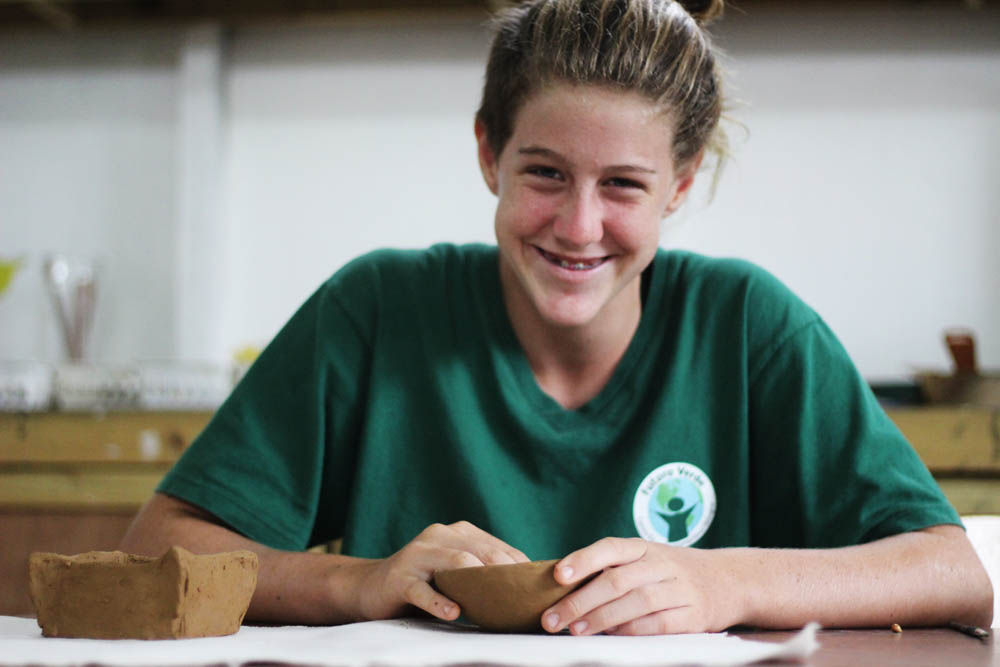
by Khalida Lockheed | Oct 14, 2017

At the end of November Futuro Verde celebrates the tradition of Thanksgiving with a shared meal and activities having a theme of gratitude. This year, with the opening of the Futuro Verde ceramics program, the Art department is happy to initiate a new tradition in concert with Thanksgiving – “Empty Bowls”. Students in all grades will be learning the craft of ceramics and about ceramic artists. The unit will culminate with the creation of a decorative (but usable!) bowl to be used during our Thanksgiving meal and offered for sale to raise funds.
“Empty Bowls”, an international initiative to combat hunger, has a 27 year history which began with teachers John Hartam and Lisa Blackburn in Michigan, USA. These fundraising events usually take place in conjunction with World Food Day on October 16th. The objectives of “Empty Bowls” is to:
- Raise as much money as possible to feed the world’s hungry people.
- Increase awareness of hunger and related issues.
- Advocate for arts education.
For our Thanksgiving “Empty Bowls” fundraiser, we will be raising funds to assist the community of Rivas in Perez Zeledon which was devastated by Tropical Storm Nate and is the community where our Social Studies teacher, Karol, grew up and has family. This humble population depends mainly on agricultural and tourism. These activities have been heavily damaged with the effects of Tropical Storm Nate and the economic recovery for families is very slow. To make matters worse, damage to roads and bridges has made the arrival of help more difficult. For this reason, any help we can give will be received with enormous gratitude.
We invite all members of our community to join us for this event! We will have plenty of bowls for everyone to use for their meal and for purchase to can help this community in dire need.
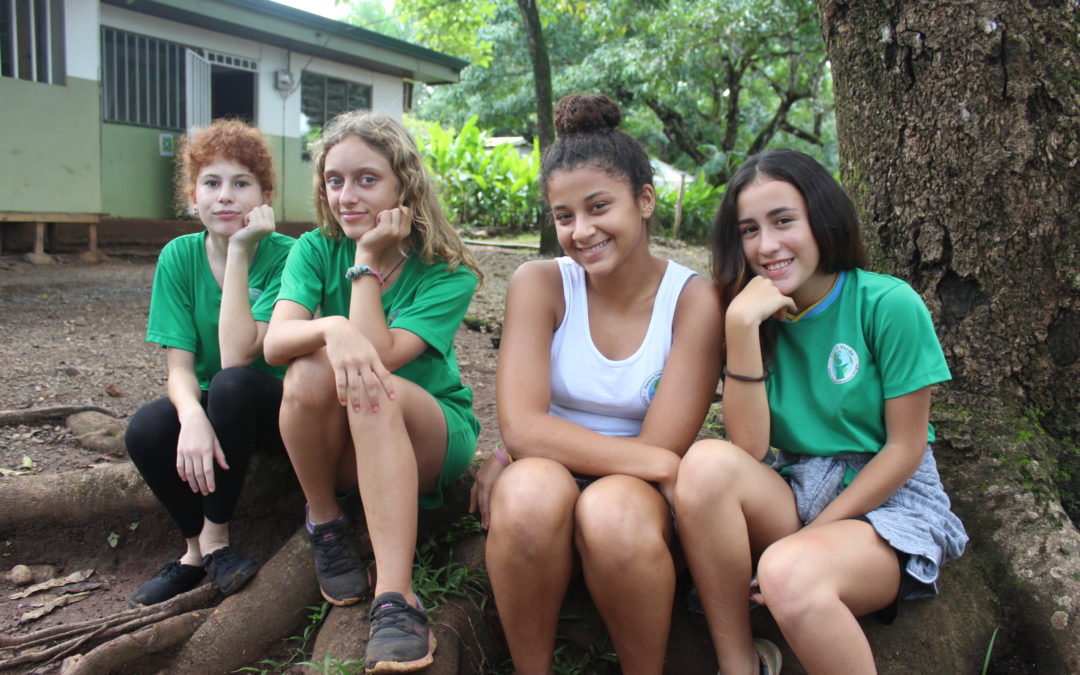
by Angie Briceño | Sep 22, 2017
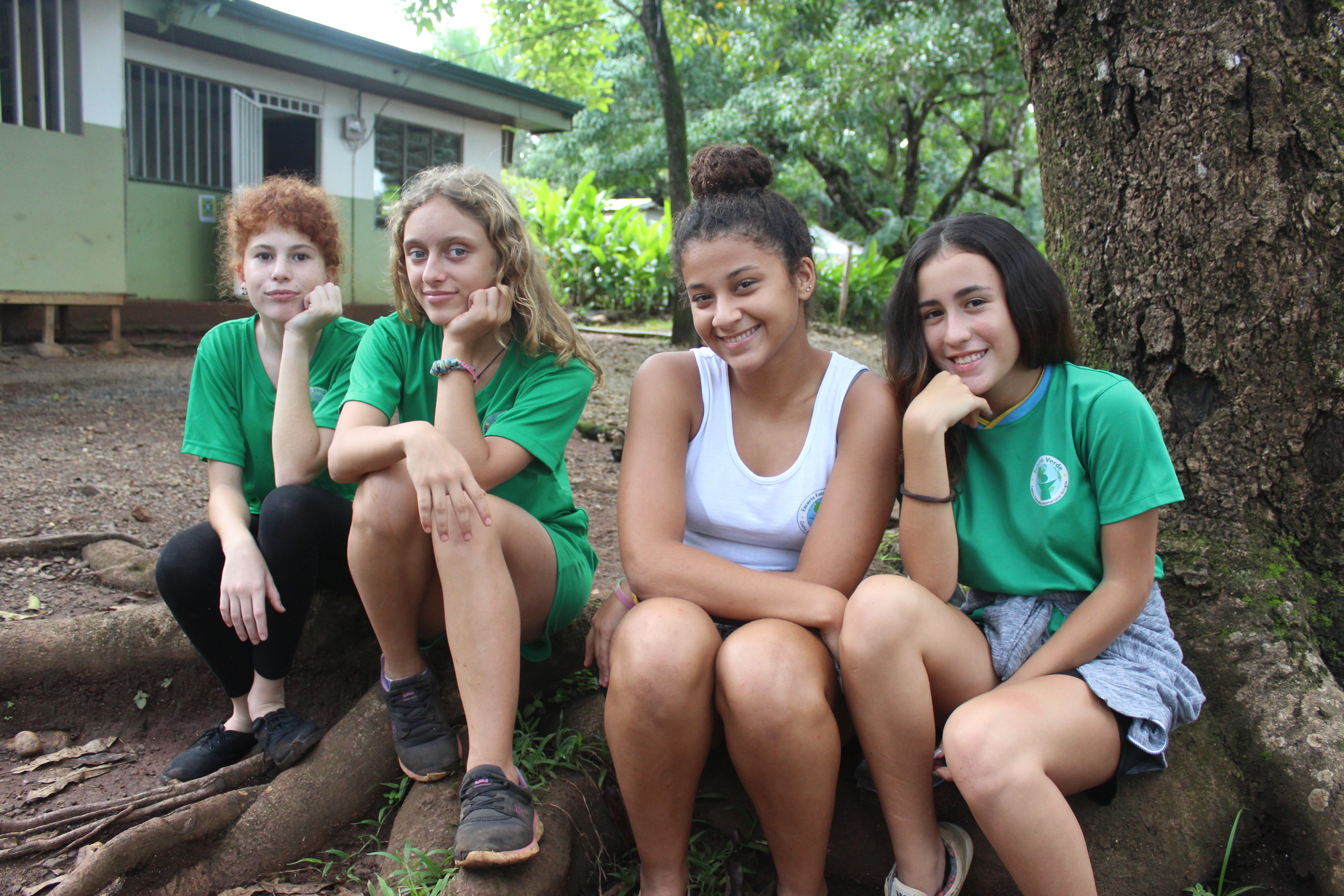
October 12th, also known as the Day of Races or the Day of Cultures, is celebrated in the American continent to commemorate the discovery of the well-known explorer Cristobal Colon.
However, over the years, the main reason for this holiday has gradually changed into a celebration of the mix of cultures that’s been experienced all over America.
Costa Rica is not the exception. It enjoys a great cultural diversity, being the home of more than 47 nationalities. Our home, the Peninsula of Nicoya is a key place for interculturalism in our country and Futuro Verde is not left behind.
Here, in Futuro Verde, we share with more than 30 different nationalities among teachers, staff and families. We celebrate a diversity of cultures every day, always cultivating respect and tolerance towards others.
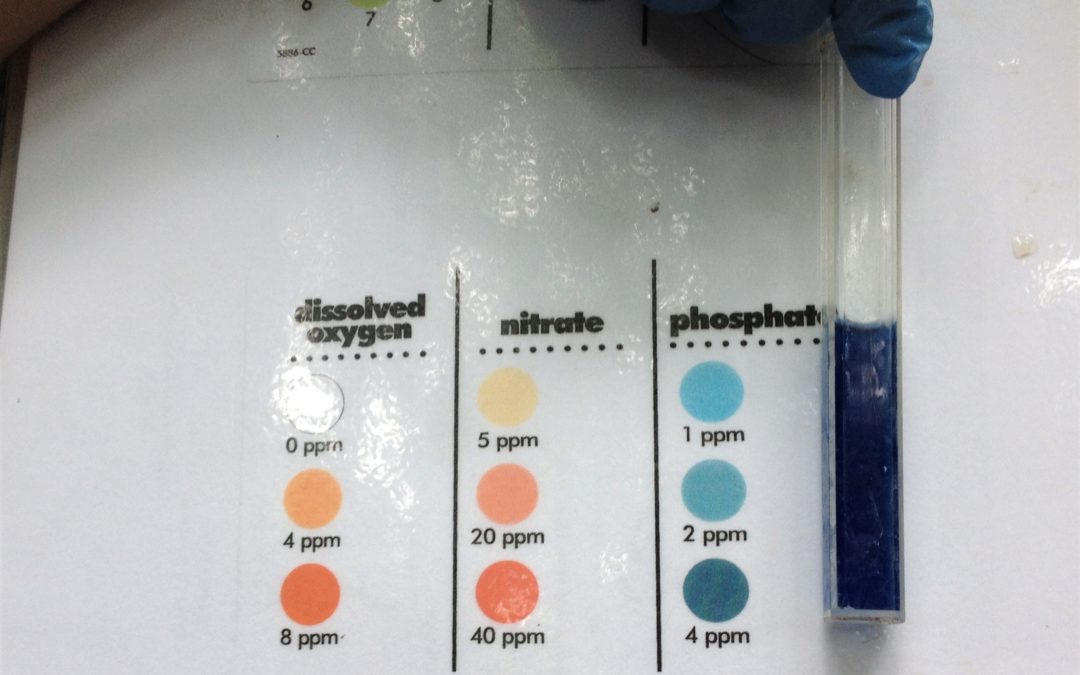
by Debbie Bruylant | Sep 21, 2017
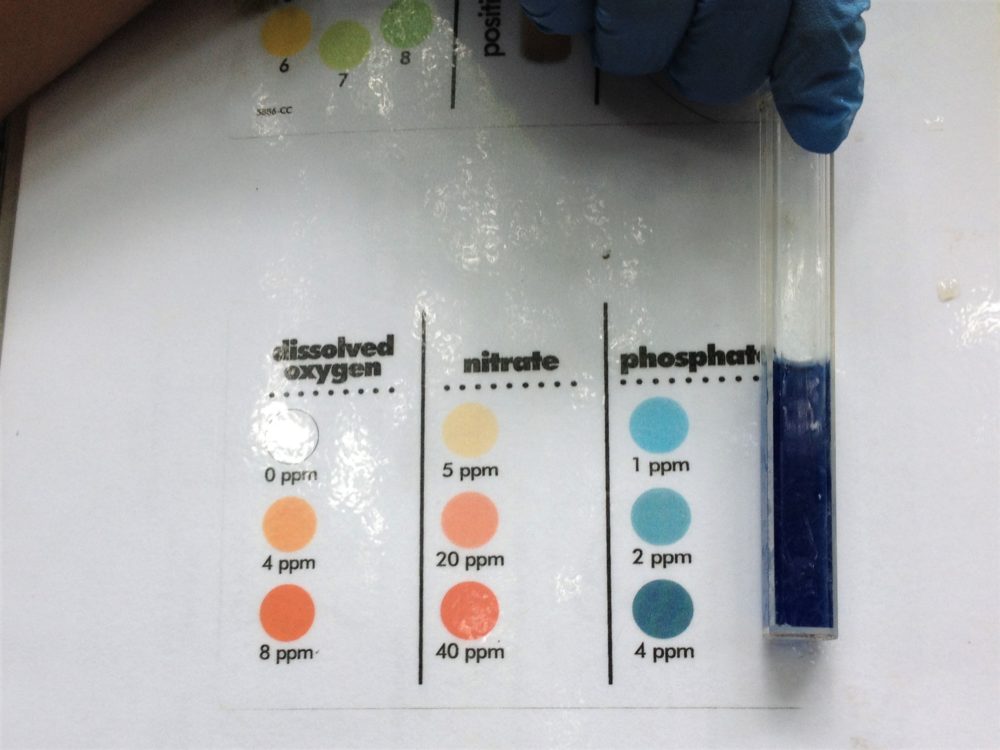
Do you know how to determine the water quality of a river? What parameters should you take into account? What equipment do you need to carry out the analysis?
Four students from Futuro Verde inquired about these questions in the month of June 2017. Together with their environmental education teacher and three students from the National University, they explored the Danta River in Santa Teresa with the aim of evaluating its water quality in the framework of a project that seeks to promote the scientific learning of the students, generate awareness about the country’s water resources and involve students in community problems.
After an informative session at the institution, the students took samples of the Danta River at two different locations on June 3rd, 2017. Our student scientists came to the following conclusions: the visual analysis of the river clearly shows the effect of the lack of urban planning, the lack of macro-invertebrates is alarming in both points, and the physical and chemical parameters describe a river that suffers from contamination.
With the arrival of new scientific sampling equipment to our FV lab, we will be exploring more rivers in the community! One of the objectives of “We are all water” is to extend the activity to community members. If you are interested in learning about the water quality of the rivers in our area and collaborating with our student scientists we invite you to contact Javier Cáceres at
Javier@futuro-verde.org.
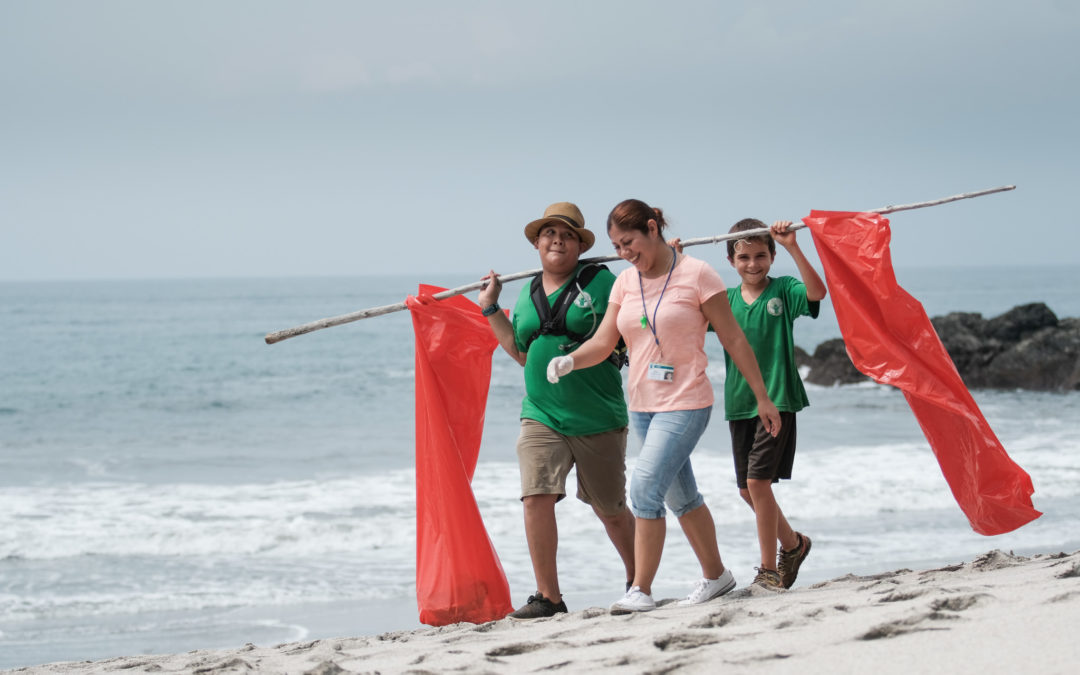
by Noelia | Aug 23, 2017

by Kira Patterson and Alessia Soares, 10th grade.
In the Southern Nicoya Peninsula, we are surrounded by nature and happy people. How do we keep our community so pure? We care for our community and all try to step in and help in some way. For example, by organising beach clean ups, like we’ve been doing in Futuro Verde for the last few years. Most of us enjoy going to the beach in our free time and like it to be a clean environment for children to play in and a safe one for the local wildlife. Another example is the current recycling campaign in Montezuma where local people are getting involved. In Santa Teresa, there are many kids who don’t have the privilege of easy access to a surfboard or have the money to enter a local surf contest. Maykol Alarcon felt the need to make a difference, and takes a dozen local children surfing in Playa Hermosa every Saturday, along with volunteers from Jakera surf camp. This gives the children the opportunity to do one of the few sports that can be done in the community. He is also planning on extending this project by organising surf contests where they provide the competitors with a board and the subscription fee is free. Thanks to the people that organise all these events and initiatives, we are a community that shows empathy, compassion, and respects the needs and feelings of others.
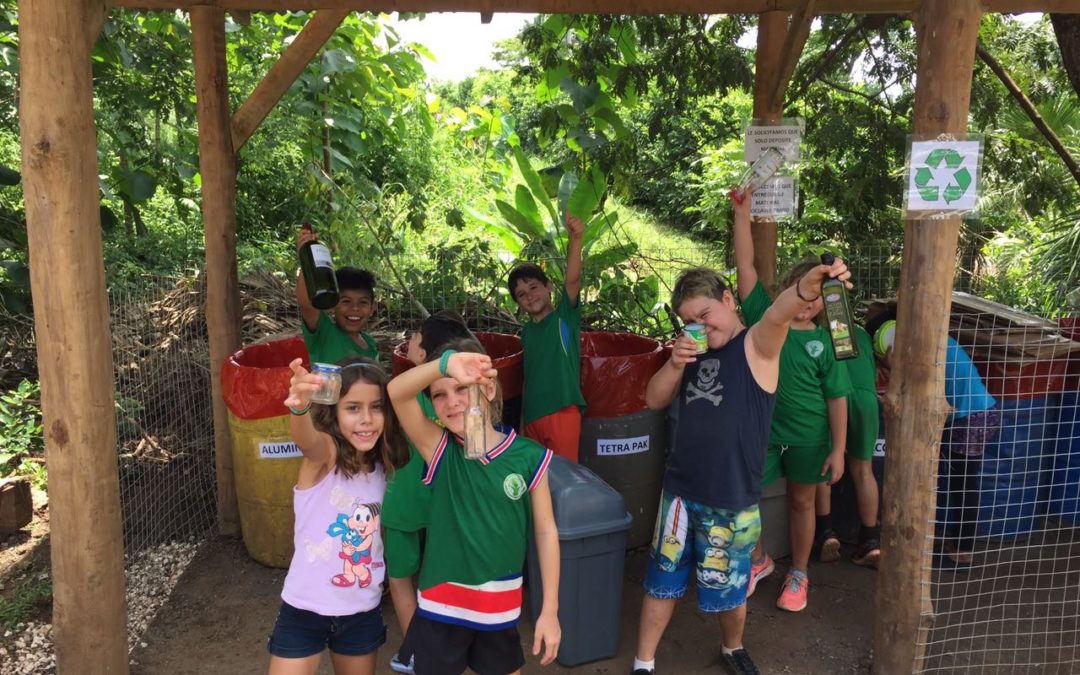
by Javier Sánchez Cáceres | Aug 2, 2017
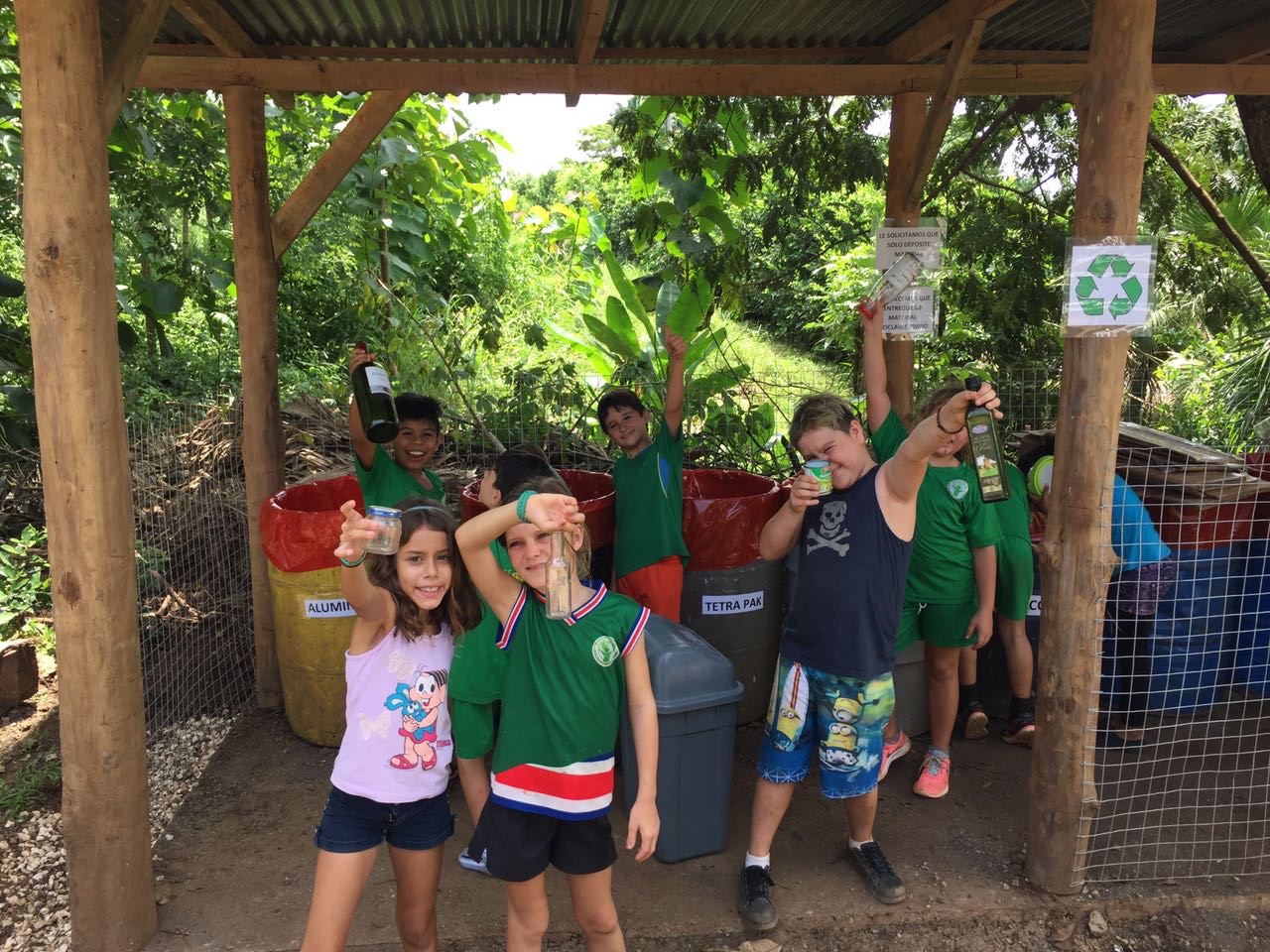
Nature, its ecosystems, and natural resources are the mainstay of humanity. Although this assertion seems to be very obvious and common knowledge among even the youngest of children, human beings repeatedly act against this principle, with their actions directly affecting the integrity of our ecosystems and the services they provide us with. The foregoing often occurs due to a lack of education or interest, poor administration of district services and/or a lack of priorities.
During last July, as we all know, essential waste collection and disposal services in the entire Cobano district were suspended due to an alleged budget shortage.
In the aftermath of this terrible news and the problem it has unleashed, it is very gratifying to see how people have come together and focused all their effort and energy on seeking a solution to the unmeasured production of waste. Among various measures carried out, worth mentioning are the remodeling of Montezuma’s collection centers, the reduction of solid waste, and efforts to educate the public about the management of recyclable materials and raise awareness about the importance of keeping our gorgeous part of Planet Earth healthy. At Futuro Verde, we work on our commitment to protect and conserve nature every day. We have renovated our recycling center with the aim of being able to sort and dispose of recyclable materials from both the school and the members of our school community who do not have waste collection services in their neighborhoods. We are very much aware that any measure is insufficient when it is not accompanied by educational efforts, which is why we are promoting values linked to nature conservancy, waste reduction, and recycling more than ever.
Finally, we wish to share some suggestions with you regarding how to reduce solid waste at home:
– Buy only what is necessary and, when possible, what is biodegradable.
– Eliminate the consumption of disposable products (straws, plastic cutlery, glasses, dishes, among others).
– Reduce the consumption of products containing several wrappings and the Tetra Pak.
– Use returnable containers.
– Preferably use glasses or ceramic glasses, cups, and dishes.
– Use reusable bags instead of asking for plastic bags.
– Use rechargeable batteries.
– Try to use cloth napkins.
– Use organic waste for composting.










